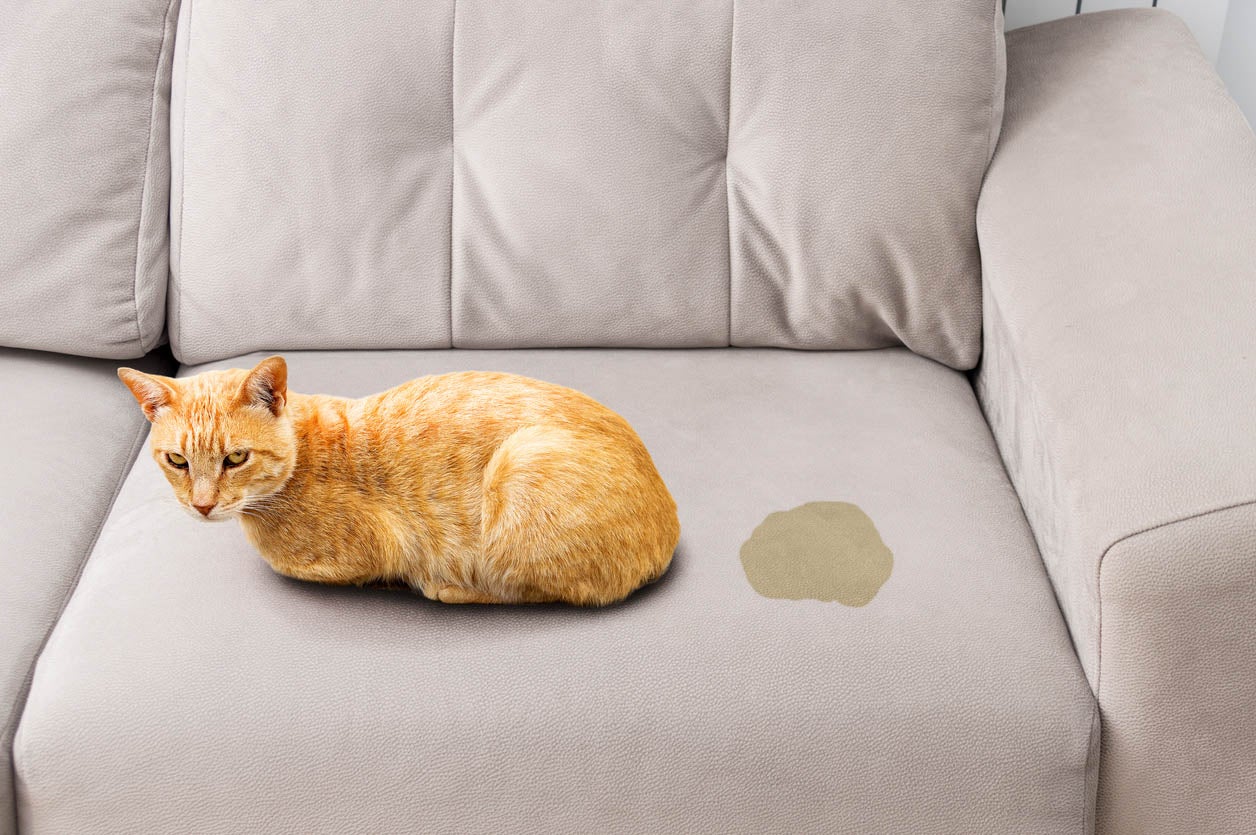If your dog’s urine smells like ammonia, it may be a sign of dehydration or a urinary tract infection (UTI). This can indicate a potential health issue that requires veterinary attention.
Dehydration can concentrate the urine, leading to a stronger ammonia smell. A UTI can cause bacteria to multiply in the urinary tract, resulting in an ammonia-like odor. It is important to monitor your dog’s water intake and contact your veterinarian if you notice any changes in their urine odor.
Early detection and treatment can help prevent further complications and ensure your dog maintains good health.
Understanding The Causes Of Ammonia Odor In Dog’S Urine
Understanding why your dog’s urine smells like ammonia can help you address potential health issues. Certain breeds may naturally have more pungent urine. Genetic factors also play a role in the odor. Additionally, your dog’s diet and hydration levels can influence urine smell.
An unbalanced diet or dehydration can result in stronger odors. An important factor to consider is urinary tract infections (UTIs), which are a common cause of ammonia-like odor in urine. If your dog displays symptoms such as increased urination, pain, or blood in the urine, it may indicate a UTI.
Being aware of these factors and monitoring your dog’s urine can help you detect potential health problems early on.
Other Potential Health Issues Linked To Ammonia Smelling Urine
When your dog’s urine smells like ammonia, it could indicate various health issues, including kidney problems. Kidney disease can cause an ammonia odor in urine. Signs of kidney issues in dogs may include increased thirst, frequent urination, and changes in appetite.
In addition, liver conditions can also contribute to ammonia-smelling urine. Liver diseases can affect the liver’s ability to process waste, leading to an ammonia odor. It is important to identify liver problems in dogs, which may include jaundice, weight loss, and vomiting.
Moreover, urine concentration can play a role in the odor. Increased urine concentration can lead to a stronger ammonia smell. To manage water intake, it is crucial to provide clean, fresh water for your dog at all times. By understanding the potential health issues linked to ammonia smelling urine, you can ensure your dog’s well-being.
Seeking Veterinary Attention For Ammonia Smelling Urine In Dogs
When your dog’s urine smells like ammonia, it is important to seek veterinary attention. A persistent strong smell, along with other symptoms, may indicate an underlying health issue. Diagnostic procedures such as urine analysis and blood tests can help determine the cause of the ammonia smell.
Treatment options, including medications for infections or underlying conditions, can be recommended by the veterinarian. Additionally, there are strategies to help improve urine odor and prevent recurrence. Consulting a veterinarian is crucial to ensure proper diagnosis and appropriate treatment for your dog.
Prompt attention to this issue can lead to a healthier and happier pet.

Credit: www.bobvila.com
Conclusion
If you notice that your dog’s urine has a strong ammonia odor, it could indicate an underlying health issue that requires attention. Ammonia-like smell in a dog’s urine can be a sign of certain infections or metabolic disorders. It is important to consult a veterinarian to determine the cause and provide appropriate treatment.
In some cases, a change in diet or increased hydration may help alleviate the smell. Regular urine monitoring and observation of your dog’s behavior are essential in detecting potential health problems early on. Remember, prevention and early intervention are key to maintaining your dog’s overall health and well-being.
By staying vigilant and seeking professional advice when necessary, you can ensure that your furry friend receives the care they need to lead a happy and healthy life.
